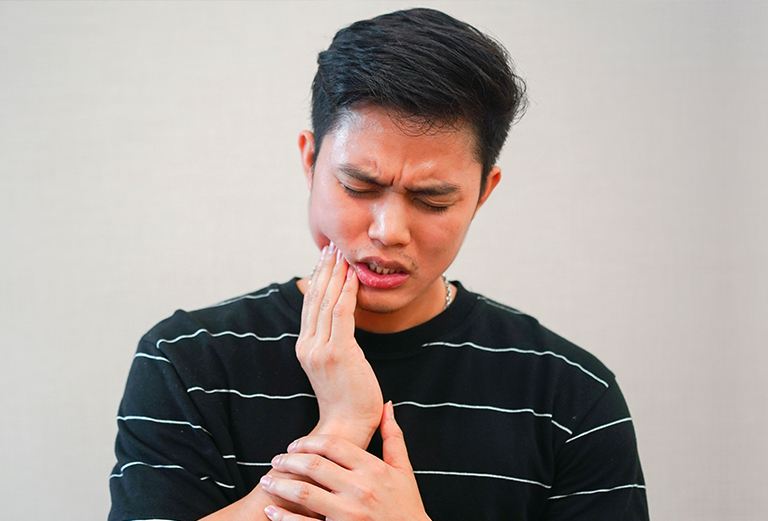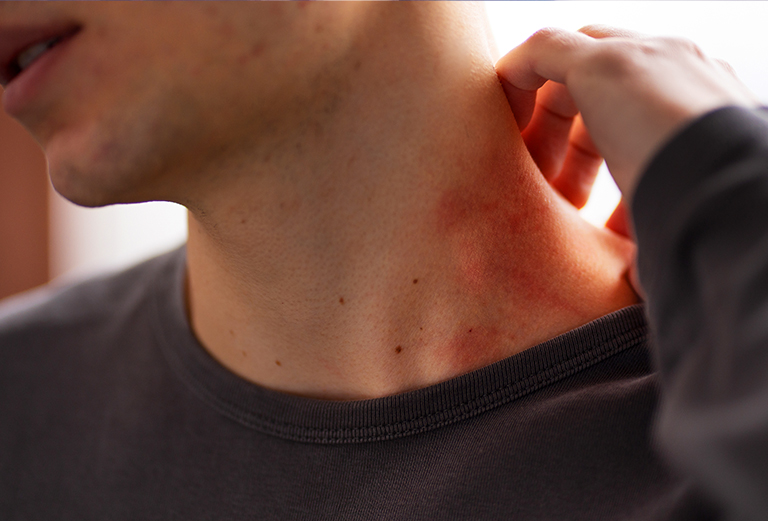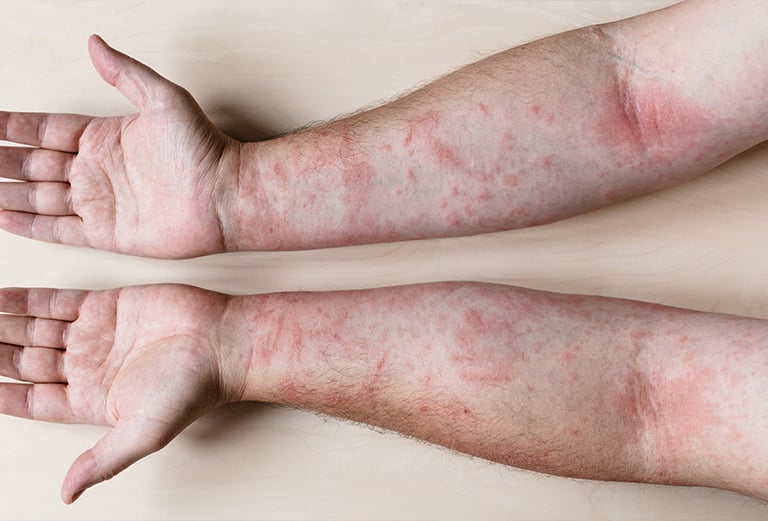More than 30% of international travelers suffer gastrointestinal issues while abroad. Food poisoning treatment becomes urgent when you’re far from home, feeling sick from diarrhea, nausea, or cramps. Online urgent care food poisoning CA platforms are a lifeline when local language, limited access, and time zones make care difficult. Understanding how to treat food poisoning, prevent it, and get timely support is key.
The Risk of Food Poisoning While Traveling
Travel can be thrilling, but if you have a sensitive stomach, it could take a turn for the worse. Foodborne illnesses are often due to consuming contaminated food, poor food handling, and unsafe drinking water. Street food, raw meat, or a fruit washed in local water could all present an invisible risk. Many times, food poisoning or other illnesses are caused by bacteria that your immune system is not familiar with, such as Salmonella, E. coli, and norovirus.
During this time, symptoms can involve nausea, vomiting, abdominal cramps or pain, diarrhea or bloody diarrhea. Symptoms can often come on quickly in just hours; other times, they can take a few days. Knowing when and how to get medical help could mean the difference between treating mild and moderate symptoms and dealing with more serious complications these bacteria cause.
Understanding Food Poisoning Symptoms & Causes
Food poisoning occurs when someone eats or drinks food or drink that is contaminated with ‘bad bugs’ (usually bacteria, viruses or parasites). E. coli and Campylobacter are two rapid-onset common bacteria which are responsible for food poisoning, while viruses (like noroviruses) can spread fairly quickly when in groups (like cruise ships and all-inclusive resorts) and often with a smooth onset time.
Parasites can take longer to show. For example, while the symptoms of parasites (like Giardia) may not show fast, digestion problems (including the possibility of prolonged, chronic diarrhea), can actually be quite lengthy following exposure.
Some common signs and symptoms of food poisoning can include watery or loose stool, stomach cramps, nausea, vomiting, fatigue, fever, chills, and weakness/dehydration. Symptoms generally arise within just hours to a day after someone is infected – and generally are resolved within 1 to 3 days for most healthy adults.
There are groups of very low risk susceptible individuals like children, older adults, pregnant women, and anyone with impaired immunity – who might have an increased risk of developing complications that could require medical assessment for the prevention of infection, or to avoid serious injury like dehydration.
What Is Traveler’s Diarrhea?
Traveler’s diarrhea is the most common illness in international travelers, especially those visiting areas with different sanitation standards. It is typically contracted by eating or drinking contaminated food or water, caused primarily by a strain of E. coli called enterotoxigenic E. coli (ETEC).
Symptoms usually come on suddenly, including frequent and urgent loose stools (usually going three or more times per day), abdominal cramps, mild fever, nausea, and sometimes vomiting. Although it can be annoying and painful, most cases of traveler’s diarrhea are mild and resolve spontaneously within a few days.
How to Treat Traveler’s Diarrhea Safely
The management of traveler’s diarrhea consists of fluid replacement, symptomatic relief and avoiding complications. Oral Rehydration Solutions (ORS) are essential in replacing excess lost fluids and electrolytes. Medications like Loperamide that can help decrease urgency and discomfort should not be used if there is blood in the stool, this is typically a warning sign of a more serious infection.
In severe or persistent cases, particularly when symptoms last longer than 48 hours or when healthcare access may be limited, antibiotics may be warranted. Common prescriptions include Ciprofloxacin, Azithromycin or Suprax depending on the traveler’s destination of travel and resistance patterns that are prevalent in that area. It is always best to discuss antibiotics with a medical professional in-person or via an urgent care clinic before starting any antibiotics.
Prevention Is Key: Smart Travel Habits
Of course, the best way to treat food poisoning is to avoid it in the first place. Apply the maxim that works anywhere in the world: “Boil it, cook it, peel it, or leave it.” Eat food that is freshly cooked and served hot. Avoid raw vegetables, tap water, ice cubes, or any food that has been left out. Always drink bottled or purified water—even when brushing your teeth.
Wash your hands with soap (or use hand sanitizer) frequently–especially before you eat! Also, it may be worth packing a travel health kit as well! Include oral rehydration salts, anti-diarrhea medications, prescribed antibiotics, and probiotics for gut health. These simple tools will help you stay safe and recover rapidly; in case you do become unwell.
Do This, Not That: Traveler’s Tummy Edition
| ✅ Do This | ❌ Not That |
| Drink bottled or filtered water | Don’t drink tap water or use it to brush your teeth |
| Eat hot, freshly cooked food | Don’t eat cold street food or anything sitting out |
| Wash your hands or use sanitizer before eating | Don’t rely on “clean-looking” hands |
| Peel fruits yourself | Don’t eat pre-cut fruits from vendors |
| Carry electrolyte packets | Don’t wait to hydrate after symptoms start |
| Use online urgent care for early treatment | Don’t wait until you’re severely sick or in pain |
Preventing Food Poisoning While Traveling
Prevention is your best strategy in preventing food poisoning. A few simple practices can drastically reduce your chances of getting sick abroad.
Hydration practices are important too. Always drink bottled, sealed water, avoid tap water even in hotels, do not drink beverages with ice cubes, and always use clean and sealed water to brush your teeth. Contaminated water is a leading cause of foodborne illness, especially in countries with inadequate sanitation.
Hand hygiene also plays a huge role. Wash your hands frequently with soap and water-especially before eating or drinking and after touching shared surfaces like public transport rails or bathroom handles. When soap and water are not available, you can pack a travel size alcohol-based hand sanitizer or antiseptic wipes to keep things clean.
In addition to food and water hygiene practices; you might also build a small travel health kit to help look after your gut. This kit might include oral rehydration salts to help with dehydration, activated charcoal to absorb toxins, probiotics for digestion, and antiseptic wipes to help keep things clean while on the go. All in all, these small steps may impact your chance of becoming ill and help ensure you have a great trip!
How Online Urgent Care Supports You Abroad
Online food poisoning treatment gives you access to licensed doctors through your phone, laptop, or tablet. These teleurgent care food poisoning providers assess symptoms, prescribe antibiotics if needed (like Cipro or Azithromycin), and guide your recovery.
Benefits of online urgent care:
- 24/7 support without language barriers
- Avoid long ER waits or confusing foreign clinics
- Get diagnosed and treated fast
- Some platforms even deliver medication locally
For diarrhea food poisoning treatment, a virtual doctor may suggest antibiotics like Suprax or Azithromycin, rehydration tips, and probiotic therapy. In some countries, they may fax prescriptions to local pharmacies.
Final Tips Before You Travel
- Hydrate constantly, especially in hot climates.
- Avoid risky foods and always wash your hands.
- Bookmark urgent care platforms on your device.
- Share your location with a friend or family member.
- Don’t delay care—diarrhea and food poisoning can escalate fast.
Getting online food poisoning treatment quickly helps you heal and continue your adventures.
FAQs: Food Poisoning & Online Treatment
Q: Can I get antibiotics through online urgent care while traveling abroad?
A: Yes, many online urgent care platforms can prescribe antibiotics for bacterial food poisoning, though prescription laws vary by country. Always verify local regulations and pharmacy acceptance.
Q: How quickly can virtual urgent care help with food poisoning symptoms?
A: Most platforms offer same-day consultations, often within hours. Emergency symptoms requiring immediate attention should still prompt local emergency care.
Q: Does travel insurance cover online urgent care for food poisoning?
A: Many travel insurance policies now include telemedicine coverage. Check your policy details before traveling and keep receipts for reimbursement.
Q: What if I need in-person care after an online consultation?
A: Virtual providers can refer you to local healthcare facilities, provide medical documentation, and coordinate with local doctors for seamless care continuation.
Q: Are online urgent care consultations available in all countries?
A: Availability varies by platform and local regulations. Research accessible services for your specific destination before departure to ensure coverage.










